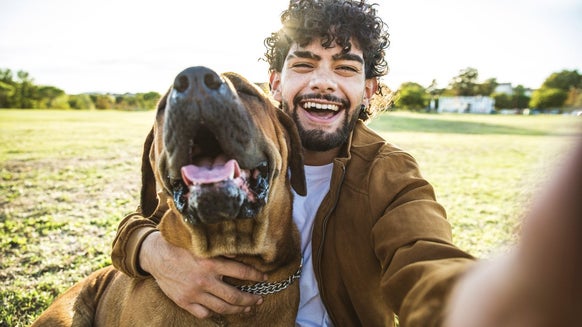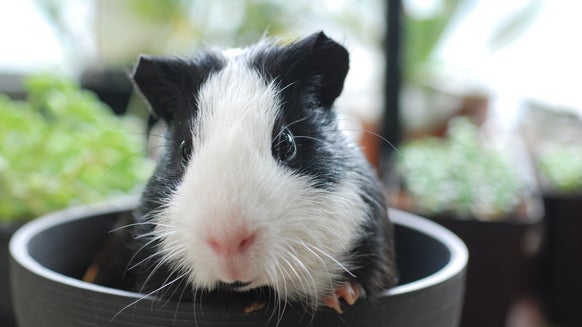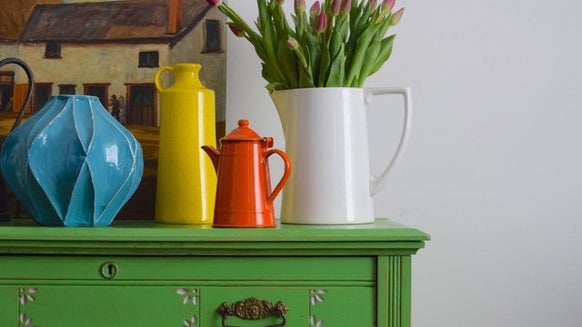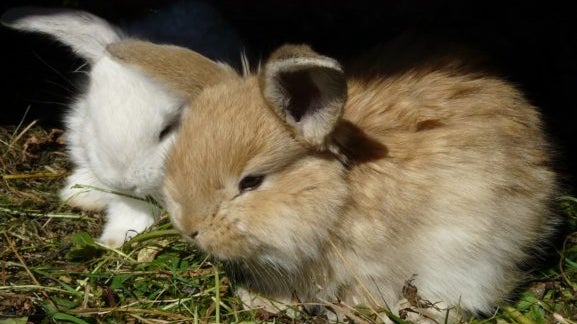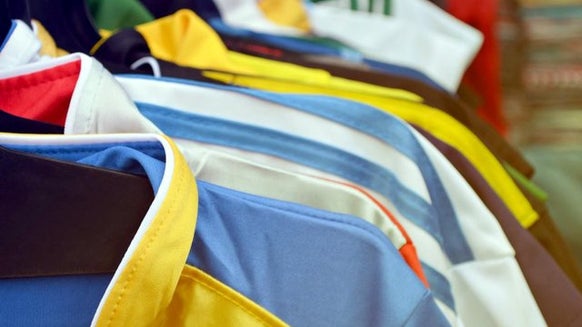Pets at Easter: Keeping Your Furry Friends Safe and Happy
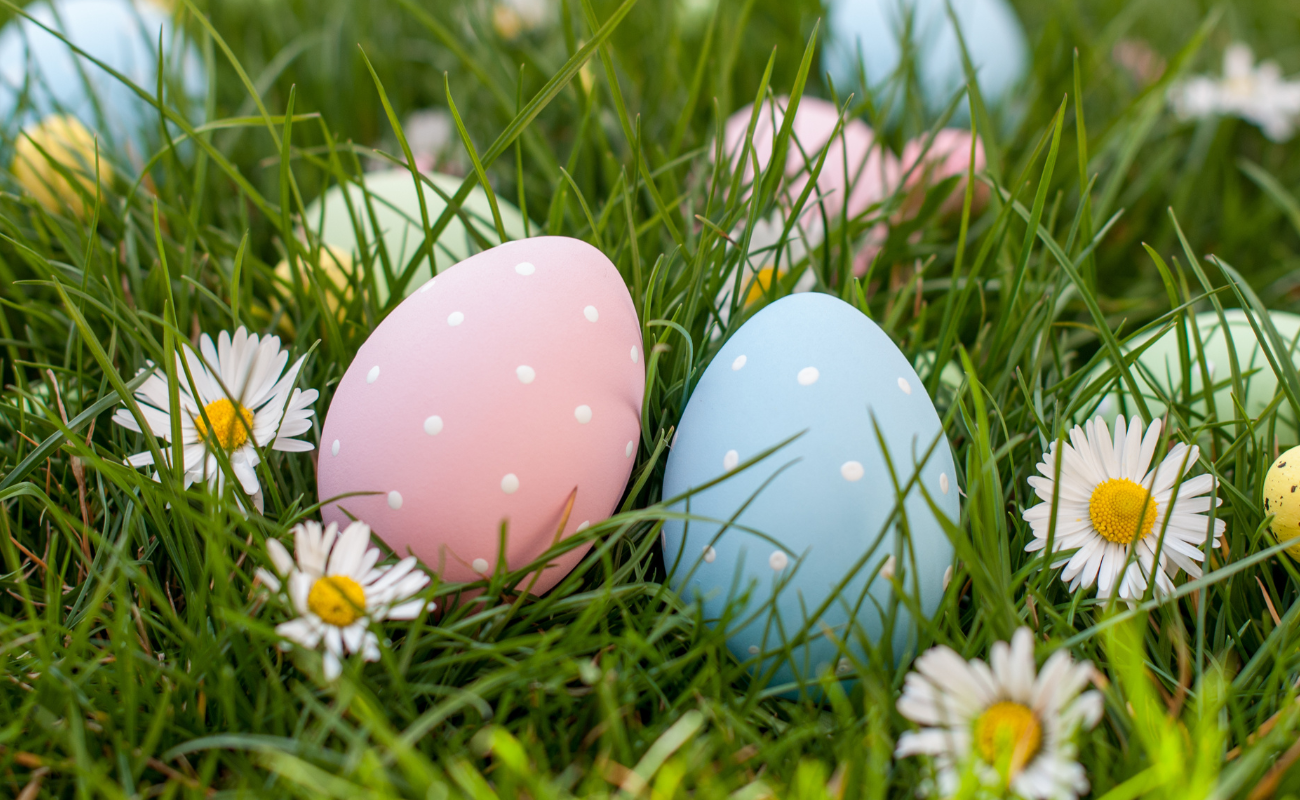
Easter is a time for family gatherings, tasty treats, and (hopefully) some warmer weather. While it’s a season of joy for many, it also brings some potential risks for our pets. From chocolate eggs to unpredictable springtime temperatures, here’s how to keep your furry friends safe and comfortable over the Easter period.
Easter Treats and Toxic Foods
Easter wouldn’t be the same without chocolate eggs, but it’s important to remember that chocolate is toxic to dogs and cats. Even small amounts can cause vomiting, diarrhoea, and, in severe cases, seizures. Make sure chocolate treats are stored out of reach, and remind children not to share their sweets with pets.
Other foods to be mindful of include hot cross buns and Easter cakes containing raisins, currants, or sultanas, which can be highly toxic to dogs. Sugar-free treats containing xylitol are also dangerous, so always check ingredient lists before offering your pet a taste of anything new. Instead, opt for pet-safe Easter treats or homemade snacks made from pet-friendly ingredients.

Easter Decorations and Plants
Seasonal decorations like plastic eggs, shredded paper grass, and small toys can be tempting for curious pets, but they can also pose a choking hazard or cause intestinal blockages if swallowed. Keep decorations out of reach and supervise pets around them.
Spring flowers such as lilies, daffodils, and tulips may look lovely but can be harmful if ingested. Lilies, in particular, are extremely toxic to cats, even in small amounts. If you’re displaying flowers indoors, place them somewhere pets can’t access, or opt for pet-safe alternatives.

Changes in Weather and Outdoor Safety
Spring can bring unpredictable weather, with sunny days quickly turning chilly or rainy. If you’re taking your pet on an Easter walk, be prepared for sudden changes in temperature. Short-haired or elderly dogs may still need a coat on cooler days, while all pets should have access to fresh water and shade if it’s warmer than expected.
If you’re spending more time in the garden, check that fences and gates are secure before letting pets roam freely. Garden chemicals such as fertilisers and pesticides can be harmful if ingested, so store them safely away. If you’re planting new flowers or vegetables, research pet-friendly options to avoid potential hazards.

Visitors and Routine Disruptions
Easter gatherings can mean extra noise and activity, which some pets may find stressful. If you’re expecting guests, provide a quiet, safe space where your pet can retreat if they feel overwhelmed. This is especially important for nervous animals or those unused to visitors.
Try to keep feeding and exercise routines as normal as possible. Even during busy celebrations, your pet will appreciate their usual walk, playtime, and mealtimes. Sticking to a routine can help reduce anxiety and keep them happy.

Pet-Friendly Easter Fun
Want to include your pet in the Easter festivities? Consider setting up a pet-safe Easter egg hunt with their favourite toys or treats hidden around the house or garden. Just make sure to use pet-friendly goodies and avoid any human treats that could be harmful.
For dogs, an interactive toy stuffed with a pet-safe snack can provide entertainment while you enjoy your Easter meal. Cats might appreciate a new scratching post or a box to play in (we all know how much cats love a good cardboard box!).
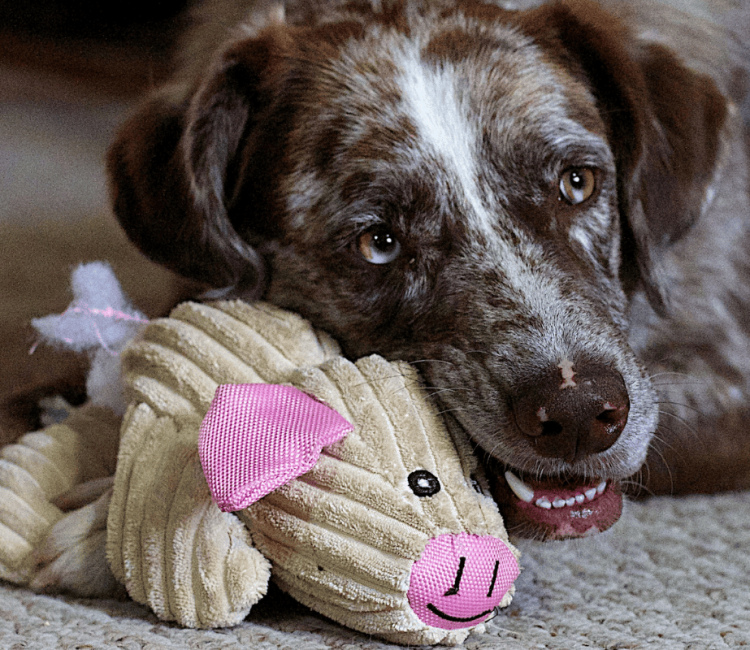
A Safe and Happy Easter for All
Easter is a wonderful time to spend with family and pets alike. By taking a few precautions, you can ensure your furry friends stay safe, happy, and healthy throughout the celebrations. With pet-friendly treats, a secure environment, and plenty of love and attention, you can make Easter just as enjoyable for them as it is for you!

